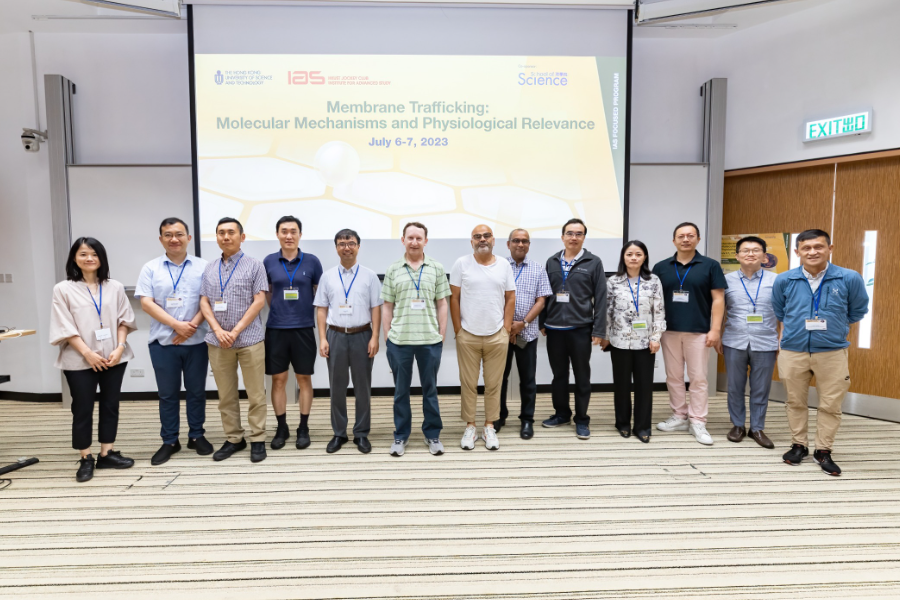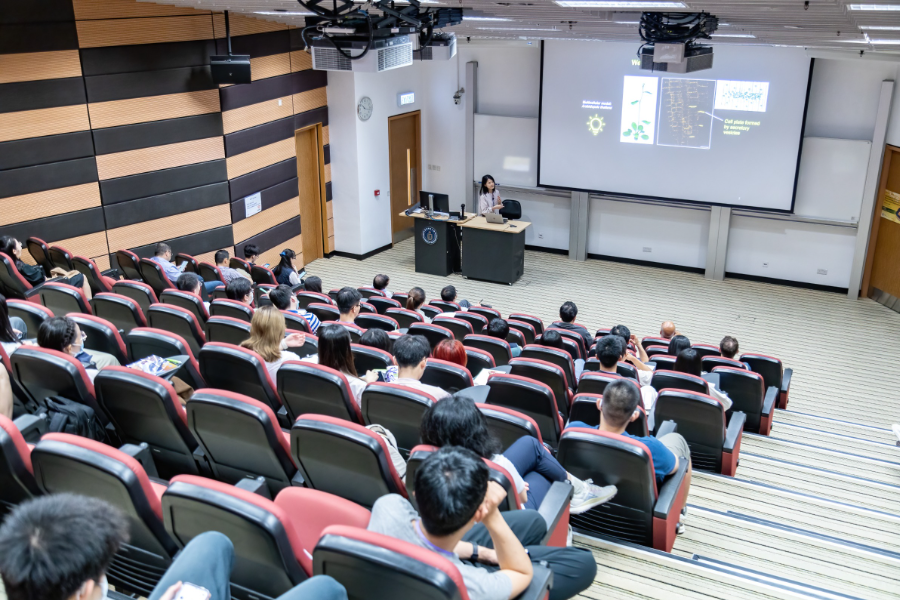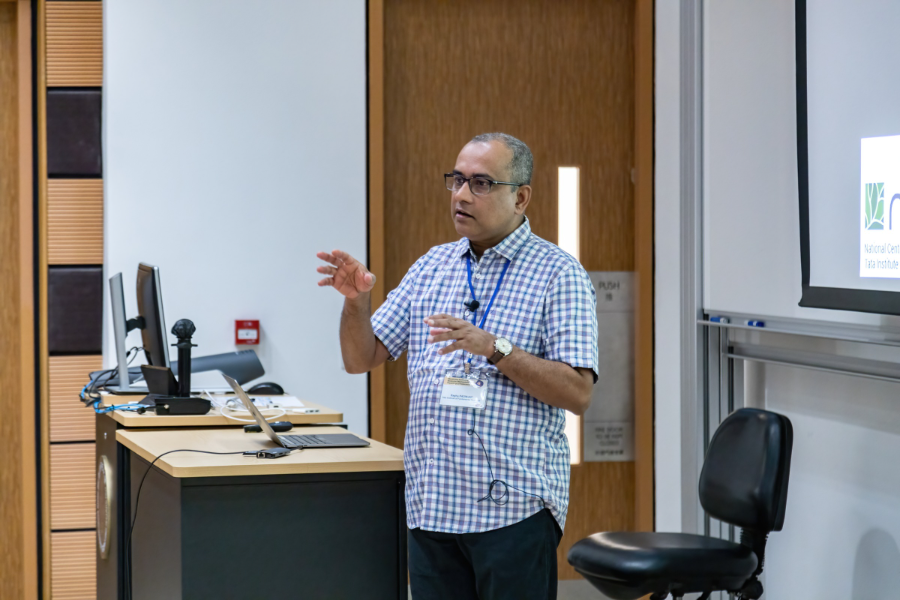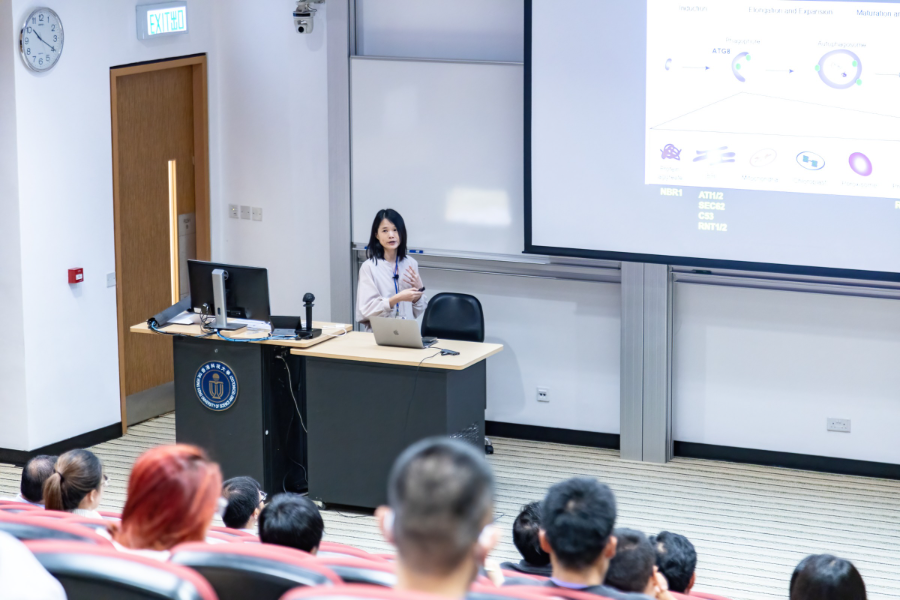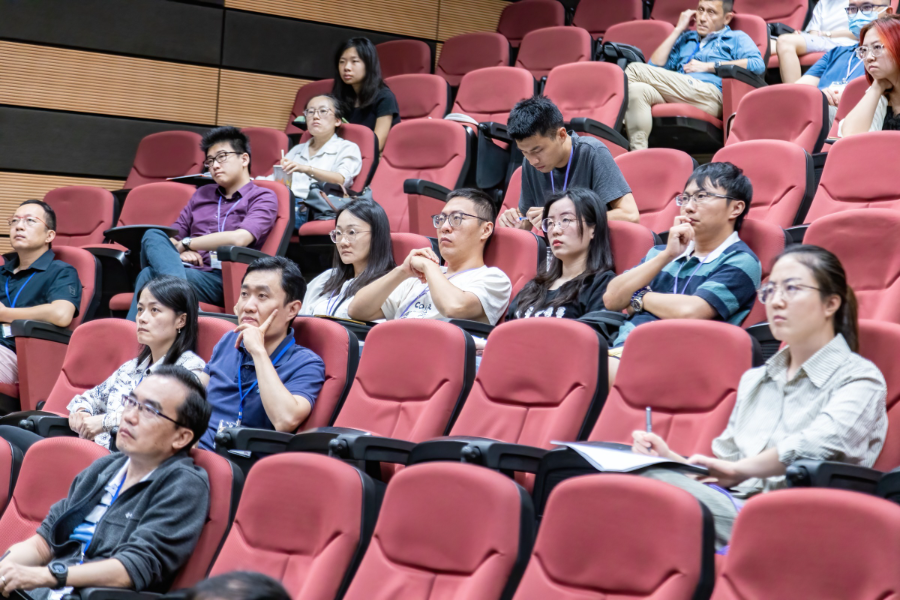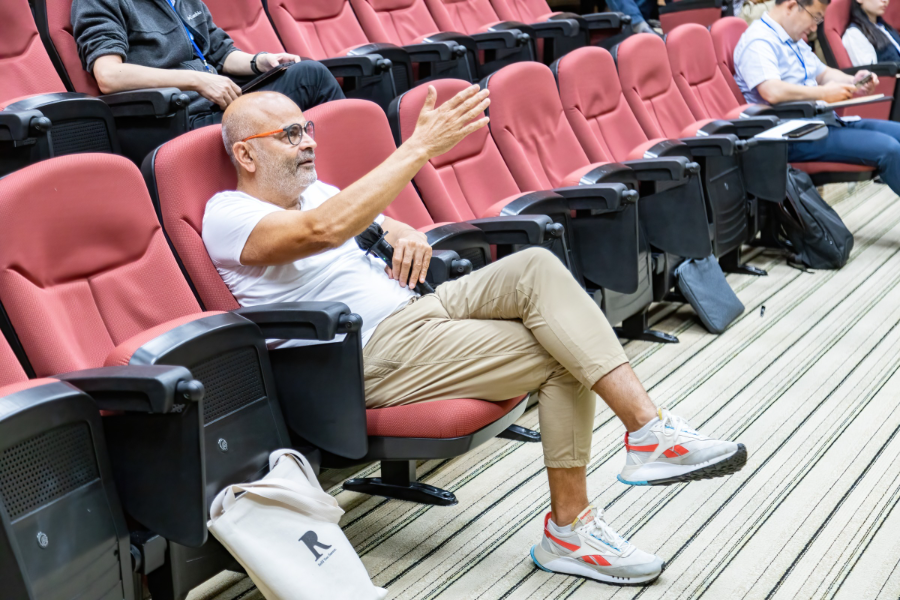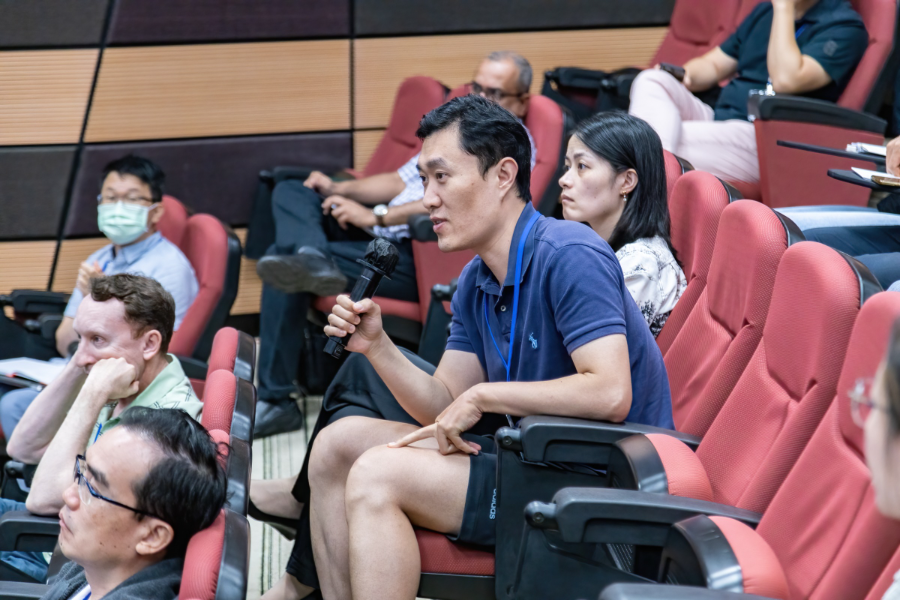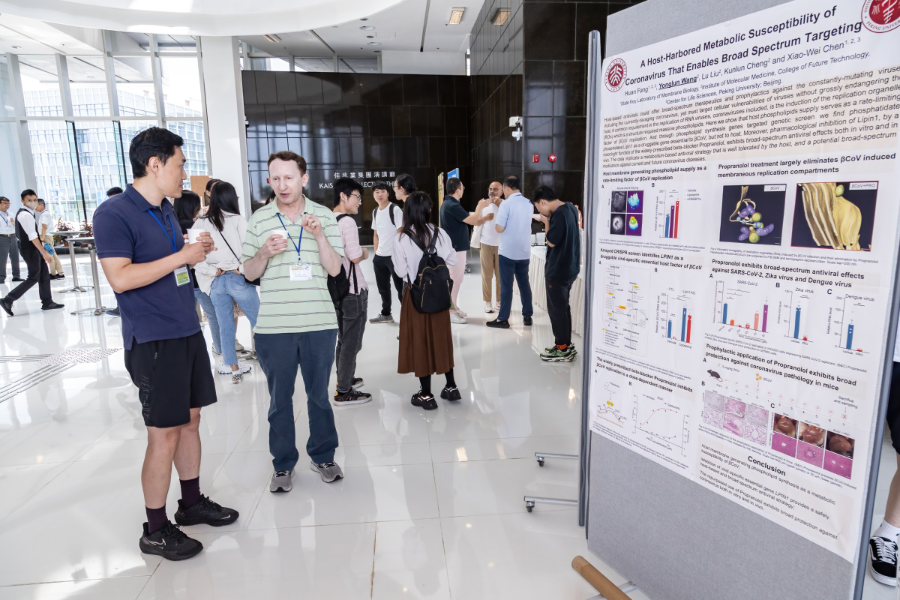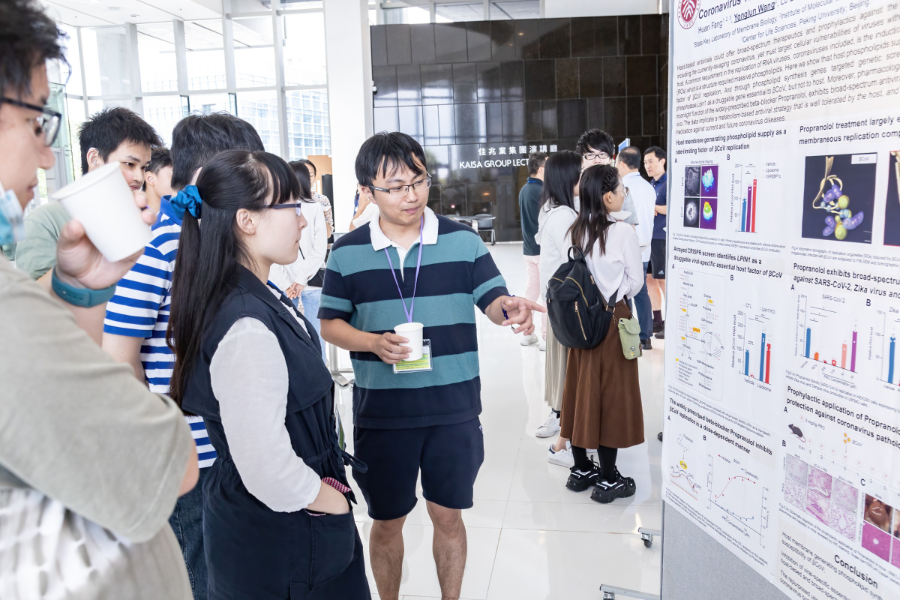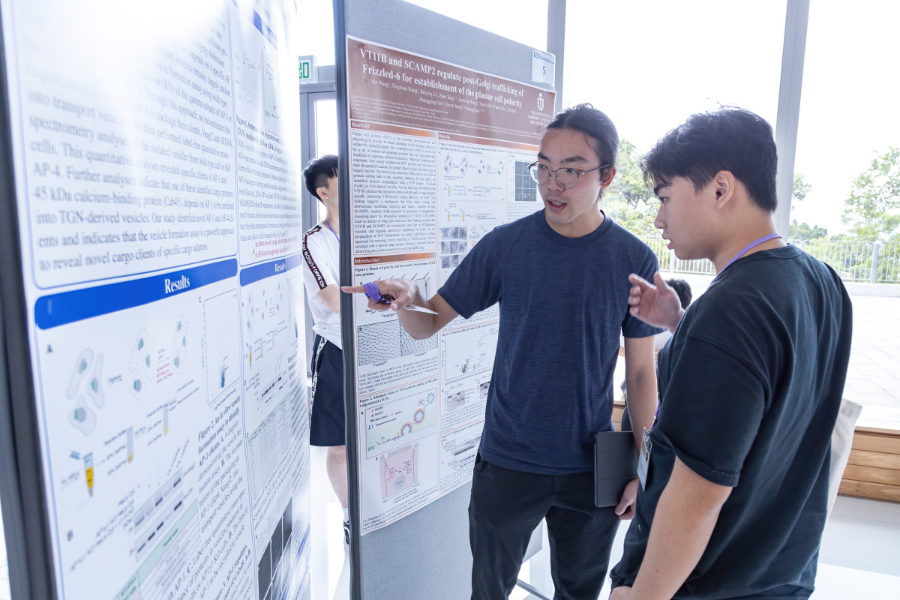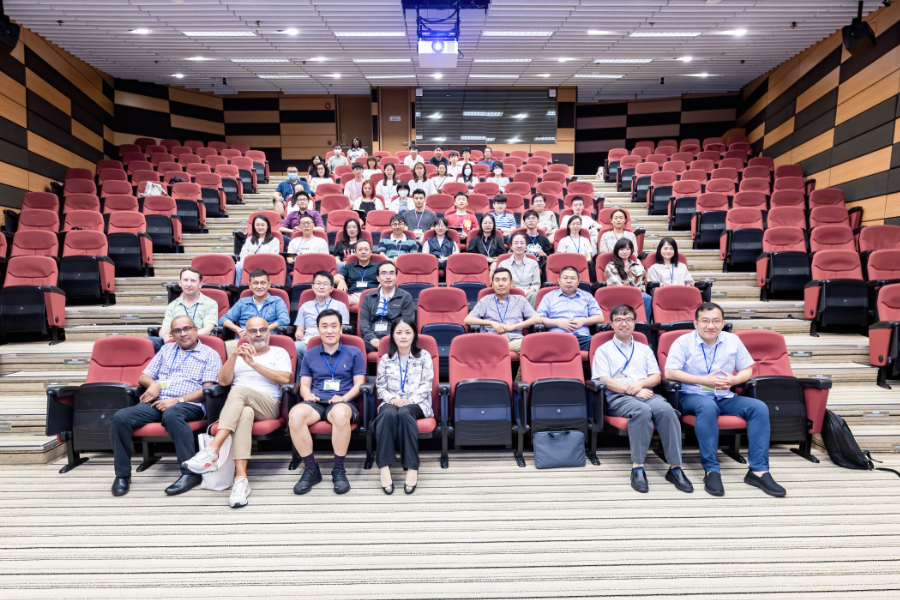Membrane Trafficking: Molecular Mechanisms and Physiological Relevance
Program Website
http://ias.ust.hk/events/202307mt/
Overview
Membrane trafficking is an essential cellular process in which cargo molecules (typically proteins and lipids) are delivered from one place to other places by membrane bound transport vesicles. This process is essential to deliver (or secrete) molecules, such as growth factors, insulins and hormones, from the producing cells to the blood stream for them to perform their physiological functions. This process is also important for the cells to receive nutrients as well as other molecules from the blood stream or other places so that cells can grow and sense the outside environment. Similar to the trafficking in our daily life, membrane trafficking involves several essential steps including the loading of specific cargo proteins into vesicles, the transport of vesicles along the highway system (cytoskeleton) inside of cells to their specific destinations, and unloading of cargo at the destinations. Sophisticated molecular machineries have been employed by cells to achieve the accuracy of each of these trafficking steps.
Recently, various experimental approaches have been performed which have provided clear functional and mechanistic insights into the membrane trafficking process. Moreover, with the revolutionary progress of gene editing technology such as the CRISPER/Cas9 technology, significant progresses have been achieved in understanding how vesicular trafficking regulates the physiological processes. The new studies are revealing the physiological relevance of genes required for protein secretion and how they can be targeted to control human pathologies.
The overall goal of this program is to gather top scientists working on membrane trafficking to share their most recent breakthroughs and discoveries. This program also aims to promote information dissemination to other academic communities in order to foster interdisciplinary communication and collaboration. Furthermore, an important emphasis of this program is to promote interaction between local and international scientists and stimulate their collaborations.
Organizers
-
Xiao-Wei CHEN, Peking University
-
Yusong GUO, HKUST
Mode
Face-to-face mode will be conducted in this program.


